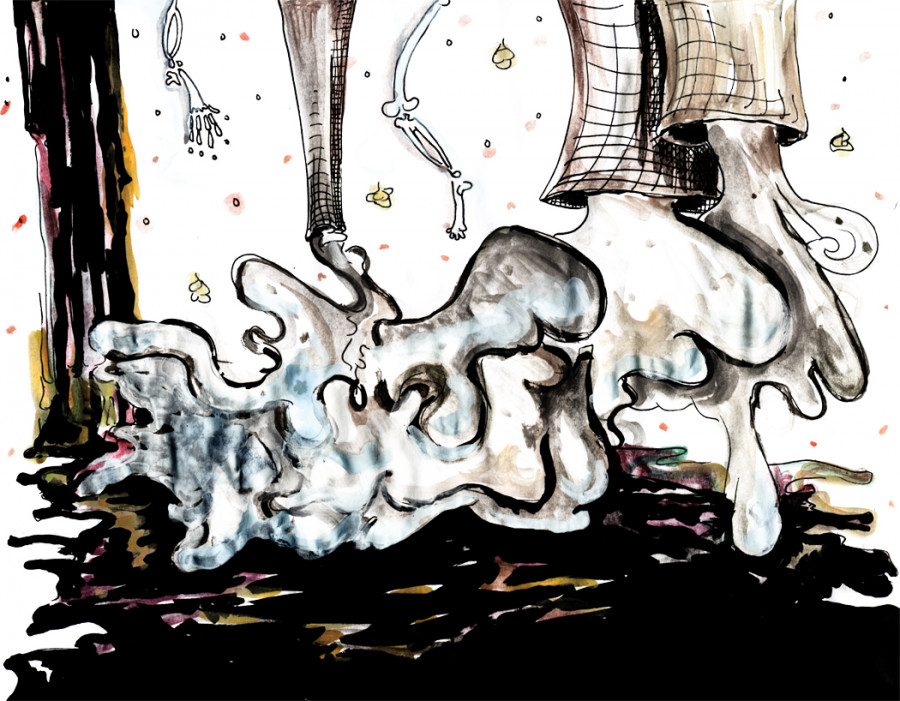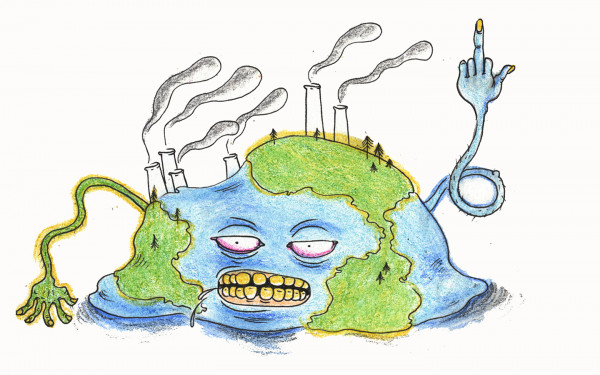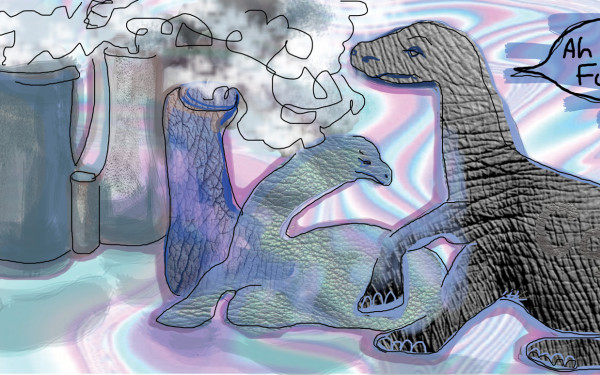Editorial: Montreal Universities Need to Invest in a Cleaner Future
Kudos to the members of Divest McGill for organizing and following through on a camp-in at McGill’s campus to reignite the debate about their university’s (and Concordia’s) investment in fossil fuel companies.
Beginning last Monday, the camp-in coincided with their Fossil Free Week, which saw different lectures, forums and workshops educate the community about what is increasingly becoming an accepted reliance on fossil fuel investments, which are not socially responsible.
“We had to do something big to get not only the students’ attention but more so the attention of the people on [the Committee to Advise on Matters of Social Responsibility], because, I’m sure they do take it seriously, but they’ve been kind of leaving it on the back burner because we were being so polite,” Antonina Scheer, one of Divest McGill’s organizers, told The Link.
And with mainstream as well as student press coverage, their goal was probably achieved. It’s hard to ignore a group of students choosing to sleep on the chilly confines outside McGill’s James Administration Building to advocate for broader change. As the Occupy Movement showed around the world in 2012, occupation of spaces—and the refusal to move when asked—is a useful protest tool that can reconfigure public discourse on social issues.
Last November, Concordia admin sort of set a precedent for McGill divestment. It was announced that $5 million from the Concordia University Foundation—the school’s biggest investment fund—would be put toward a new sustainable investment fund. That meant divesting from fossil fuels and reinvesting the $5 million into renewable energy alternatives.
The foundation is made up of donations, and is used to make money through returns for student scholarships and bursaries from calculated investments. A working group was created at the time to run the new sustainability fund—which includes the Concordia Student Union, the
Graduate Students Association, Divest Concordia and three members from the Concordia Foundation Board.
Most acknowledged, including members of Divest Concordia, that it was a positive first step for the university to officially recognize that fossil fuel usage is unsustainable.
However, an ongoing issue with both McGill and Concordia investments is the general lack of transparency. Beside select individuals, like members of the CUF board and a third-party investment manager, no one else really knows which companies are receiving Concordia cash. It’s largely the same at McGill. Concordia’s Vice-President External Relations Bram Freedman told The Link at the time he was unsure himself what percentage of money was being invested into fossil fuel companies.
Since the announcement, Concordia spokesperson Chris Mota said a number of products were proposed for potential divestment and that the CUF board were supposed to reach a decision at the end of the summer. After an inquiry, Mota said an announcement regarding the sustainable investment fund is expected as soon as next week.
Divestment has become a worldwide movement. Major international post-secondary schools like University of Glasgow and the University of California, have announced they will divest from fossil fuels. Money talks and taking it away from some of the most influential and harmful corporations in the world is impactful.
With news expected this week, The Link hopes Concordia admin decides to not only announce where the divested $5 million will be going, but also which companies are being divested from and perhaps further declare more money will be committed for divestment. Renewable and sustainable energy alternatives are out there. As a university, let’s start investing in them.




(The_McGill_Daily_600_375_90_s_c1.jpg)


